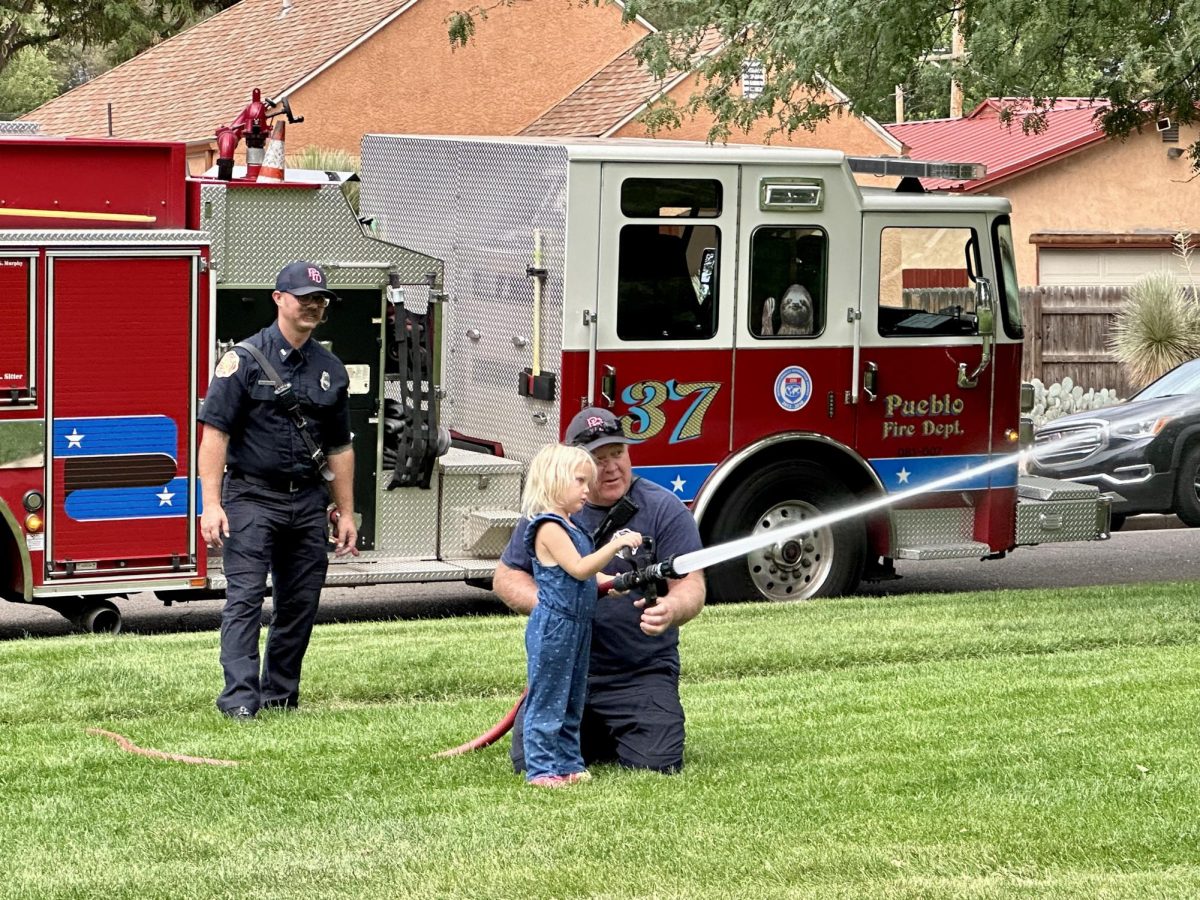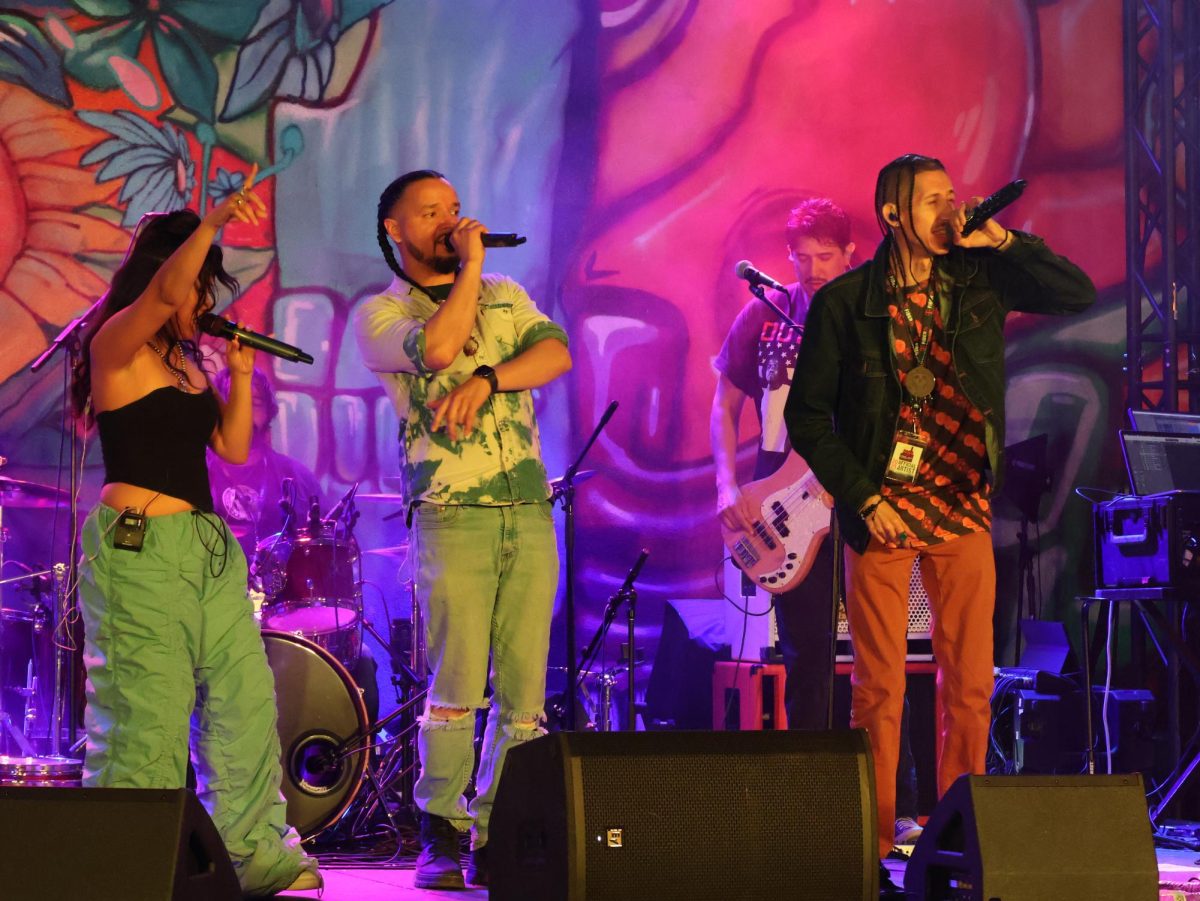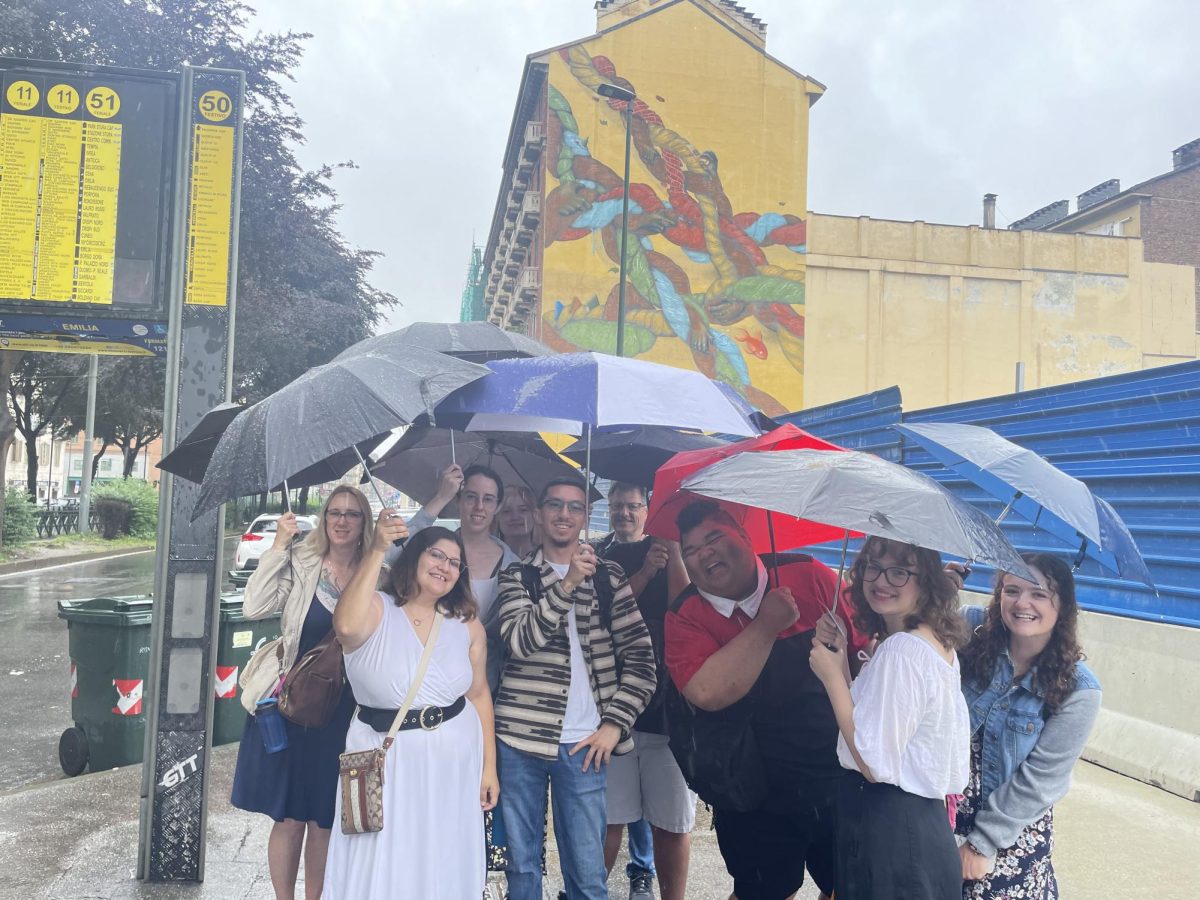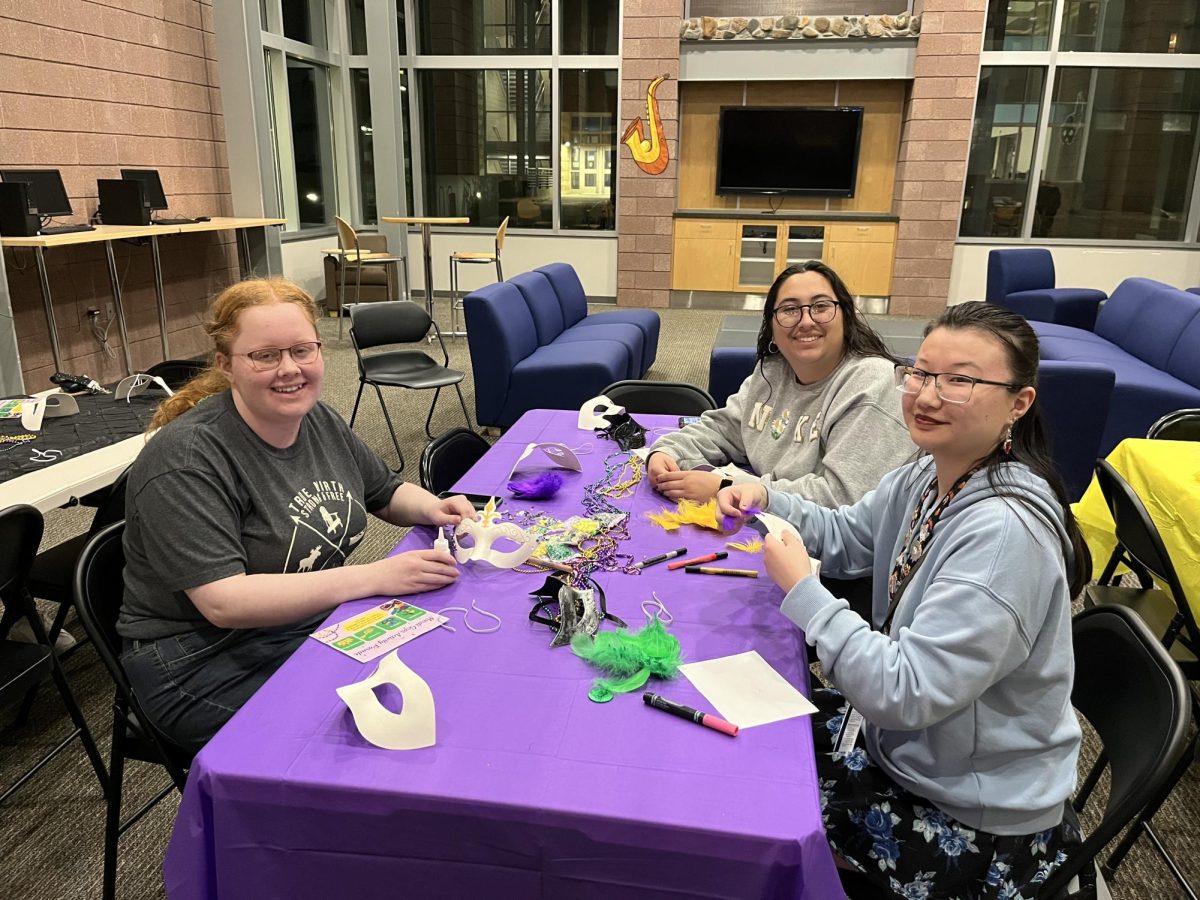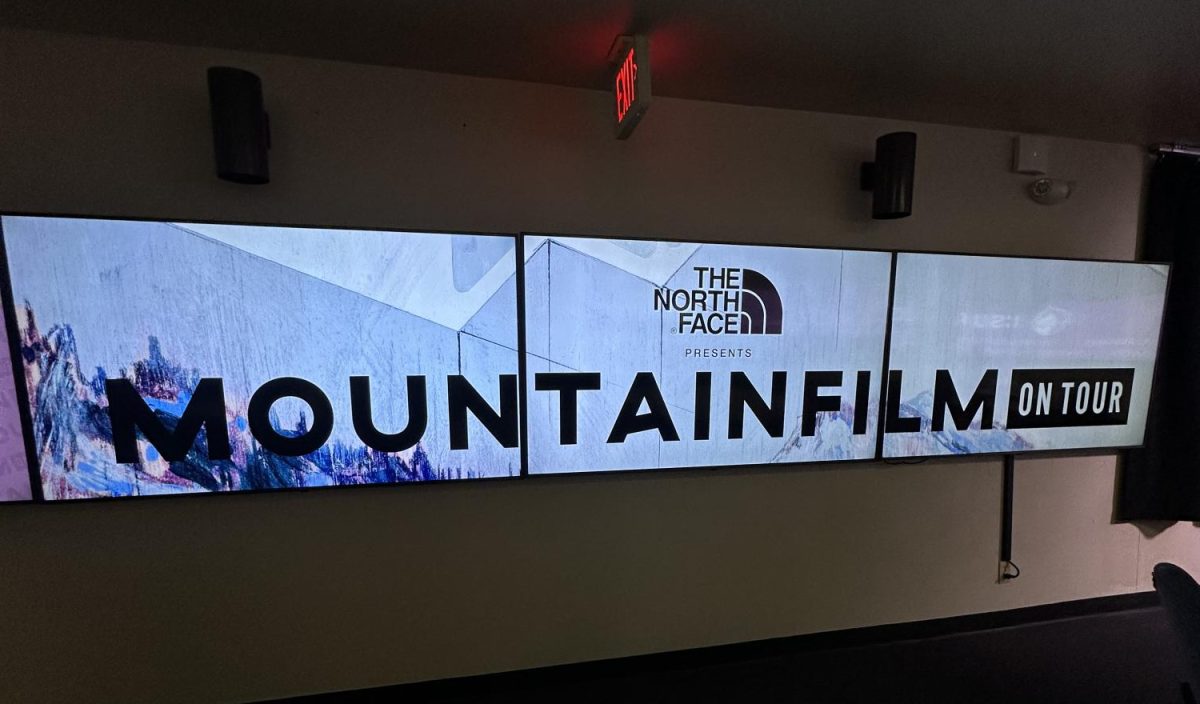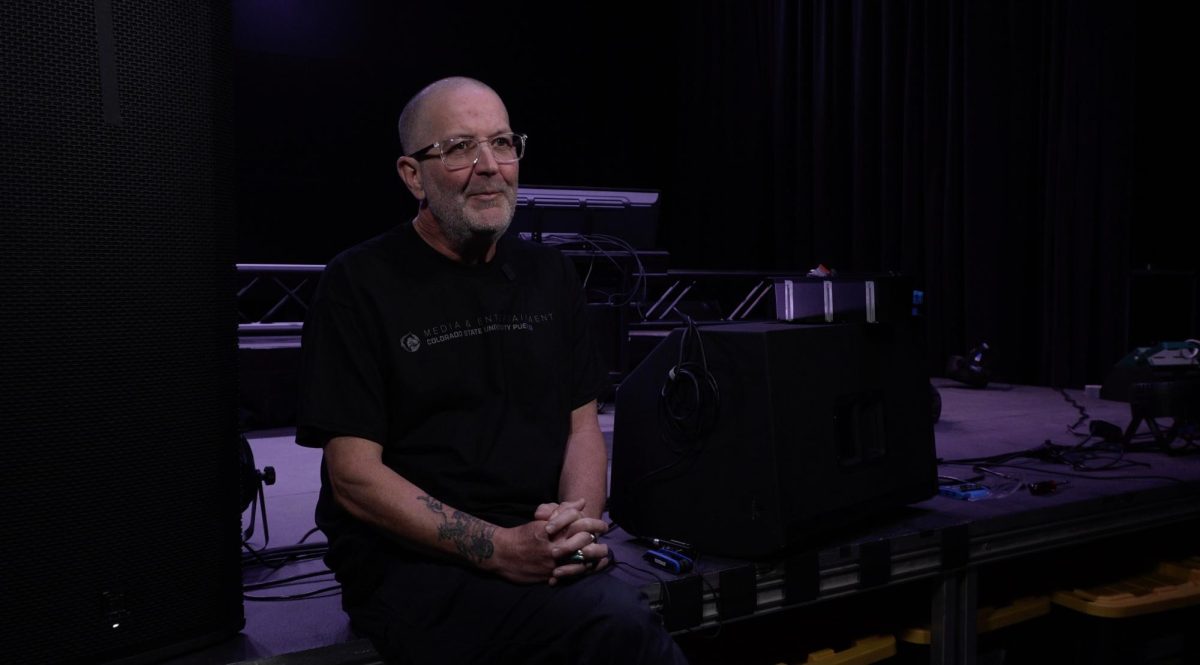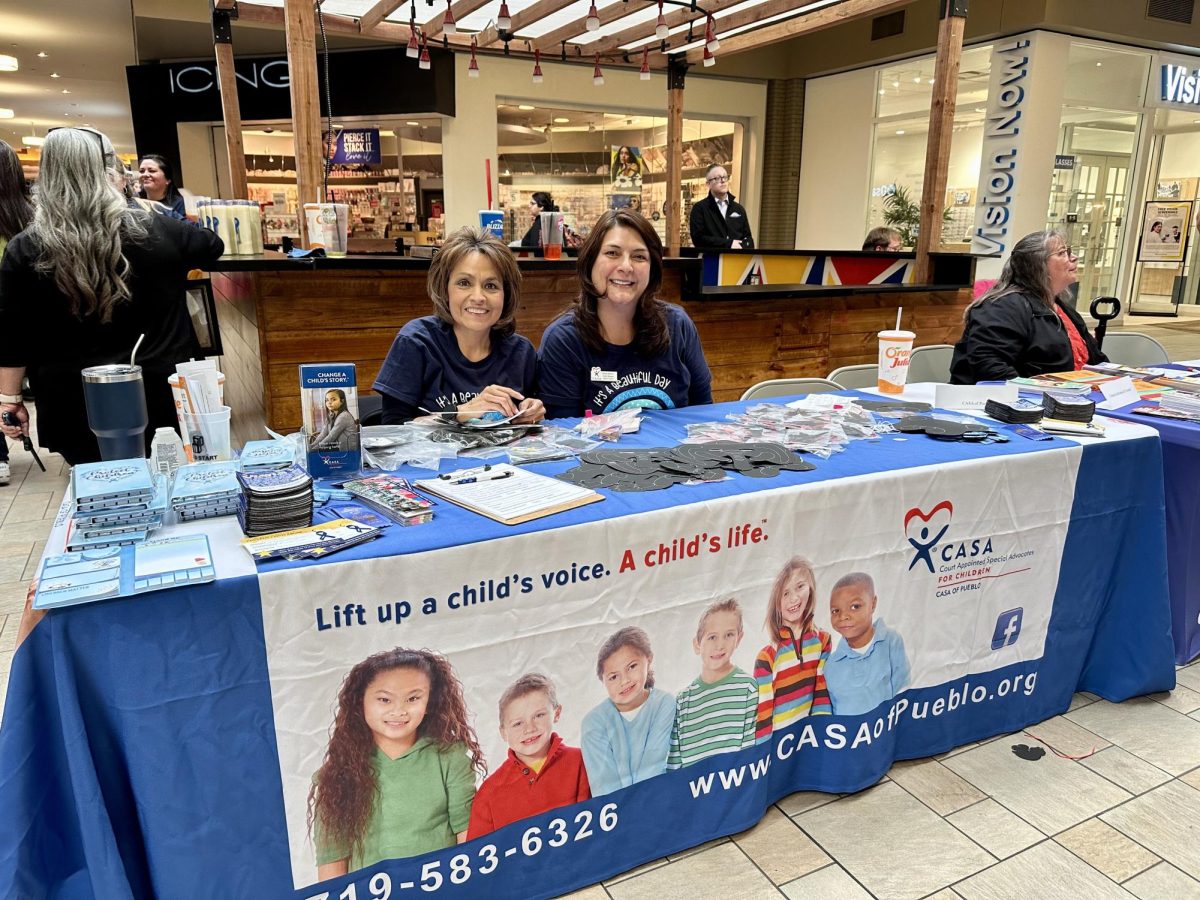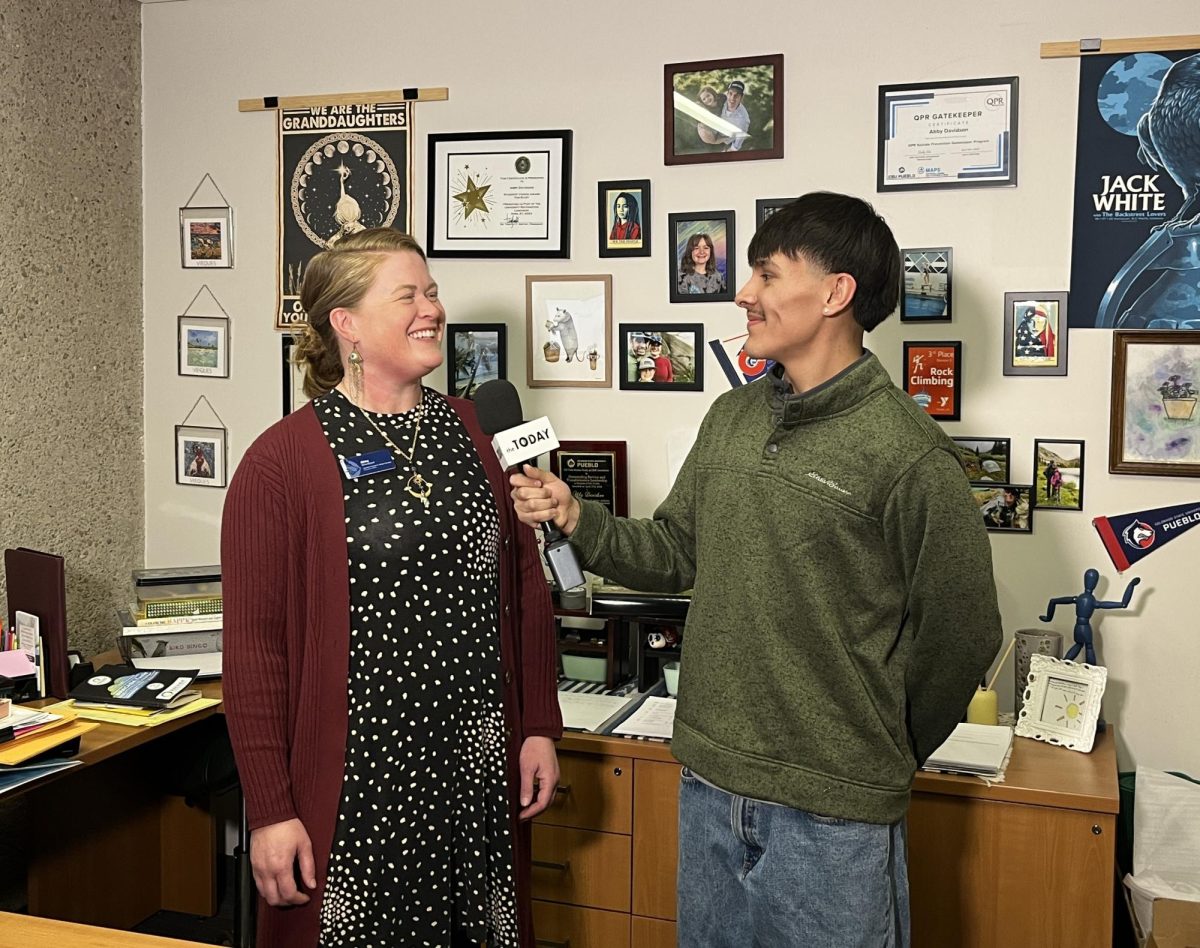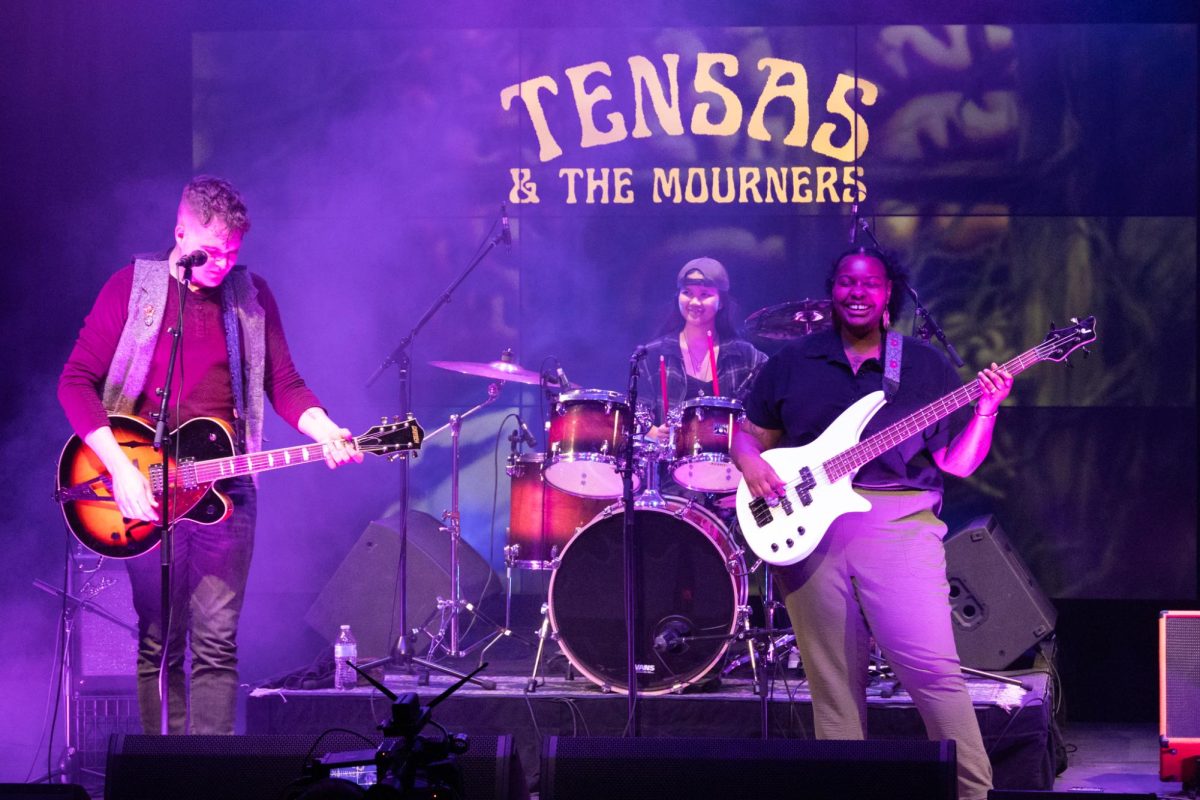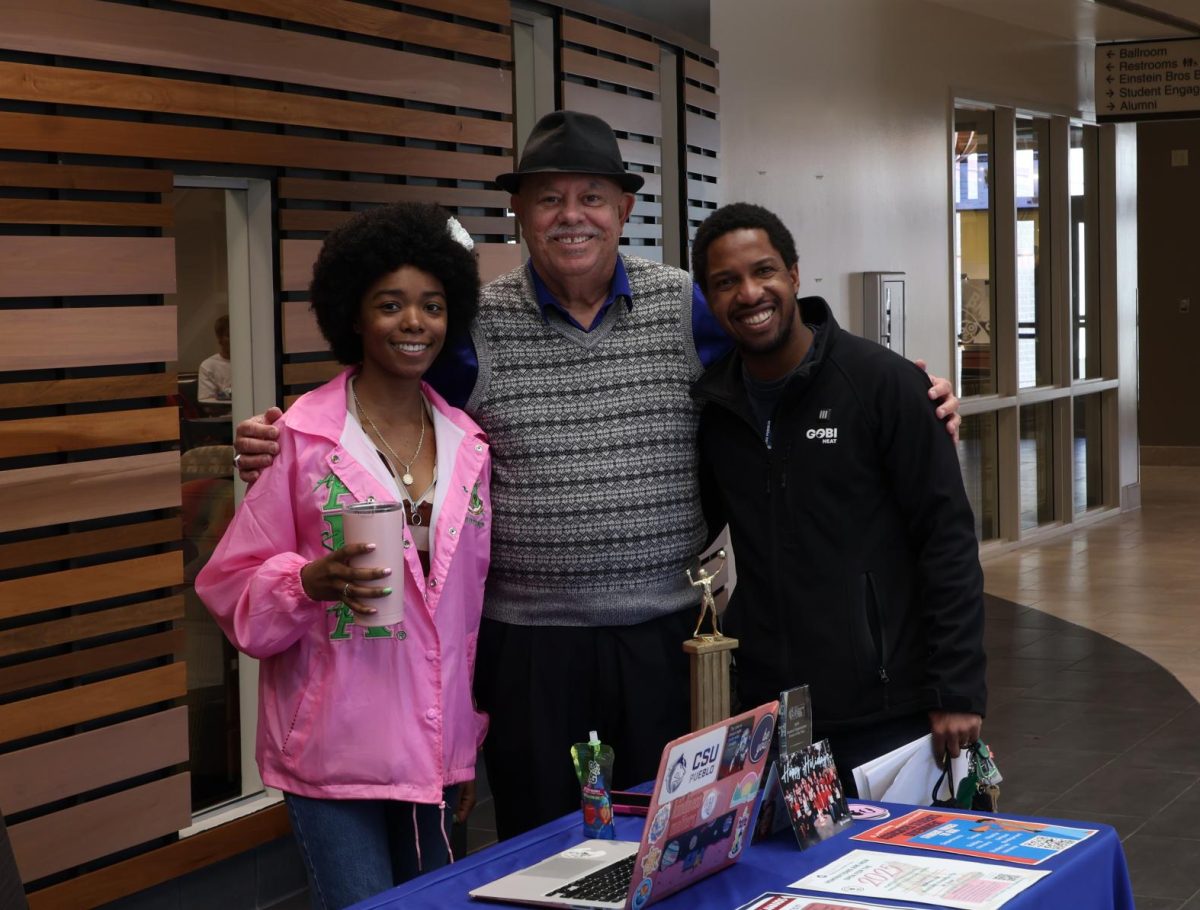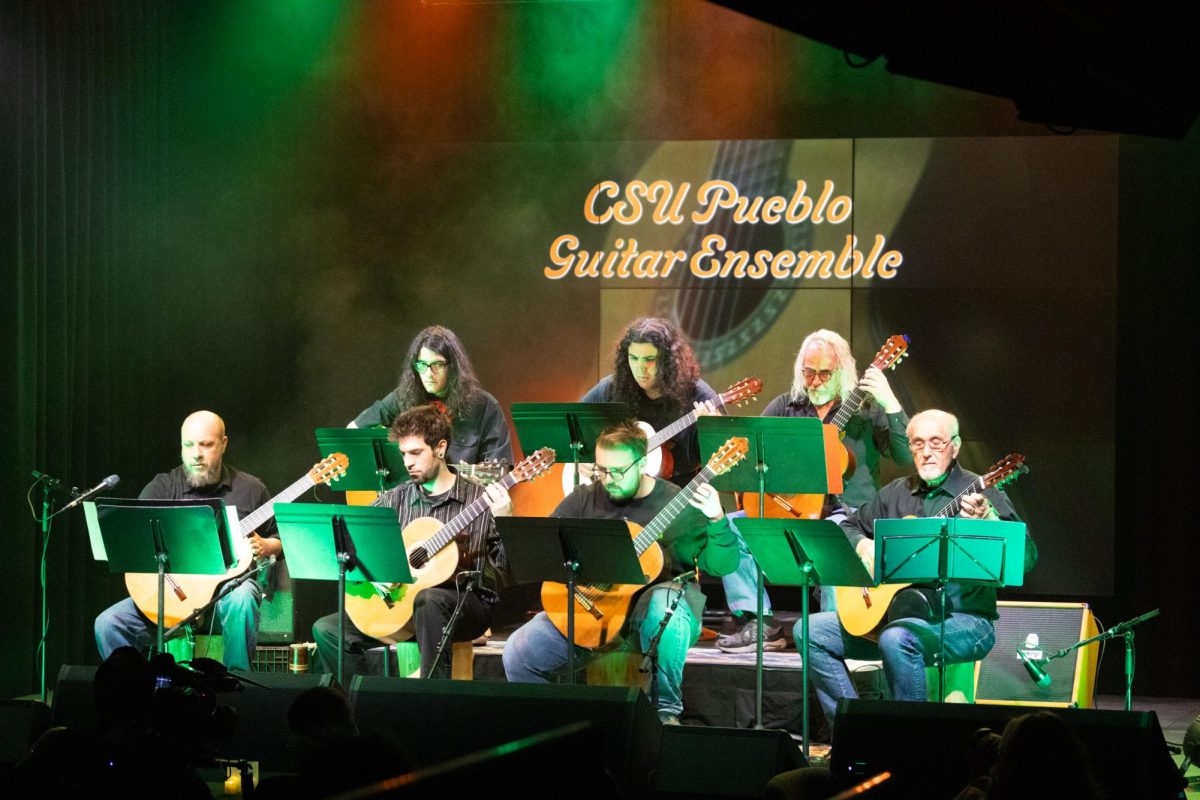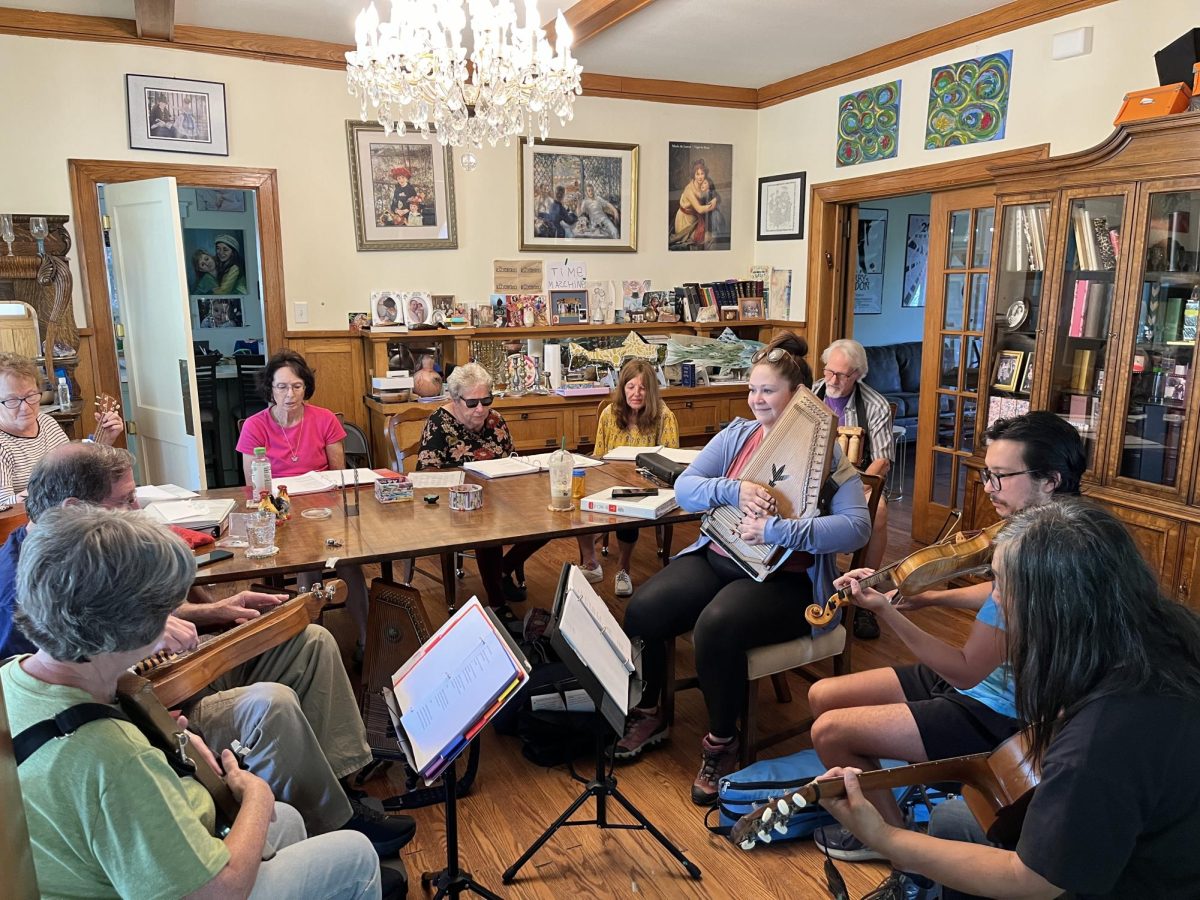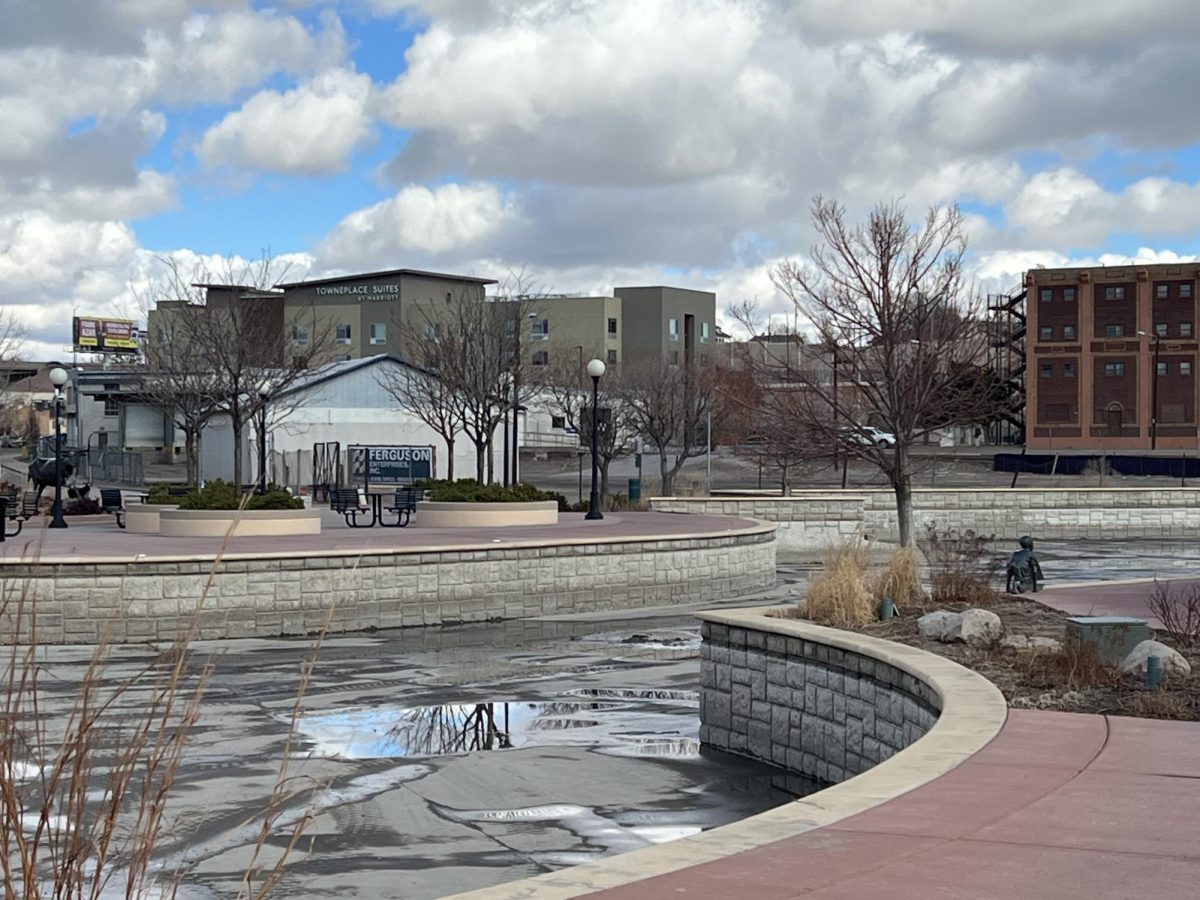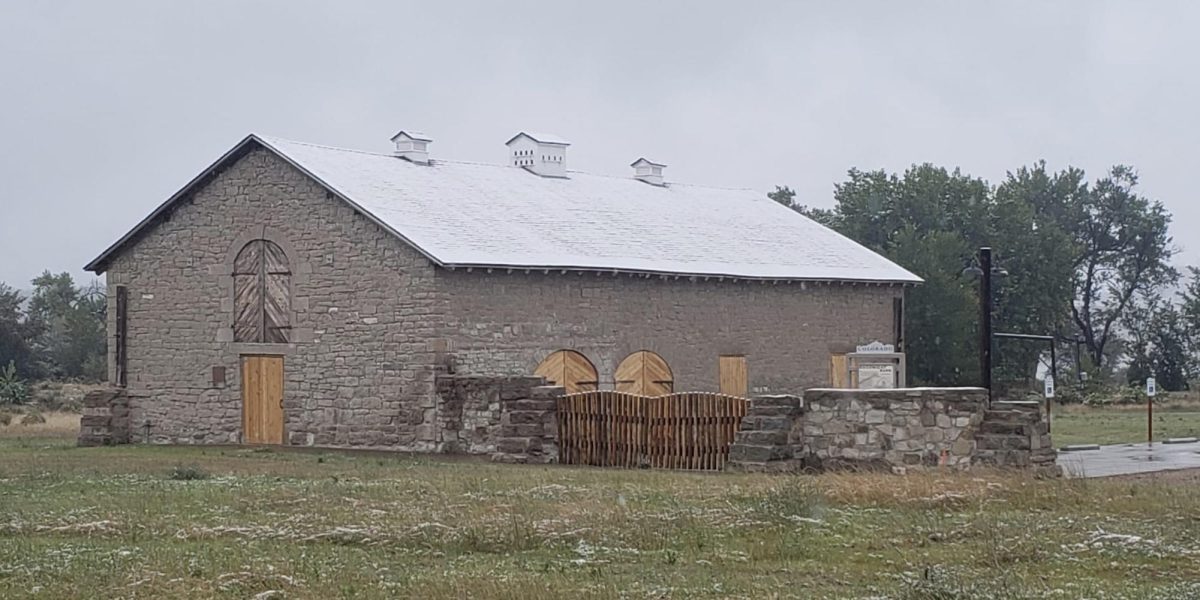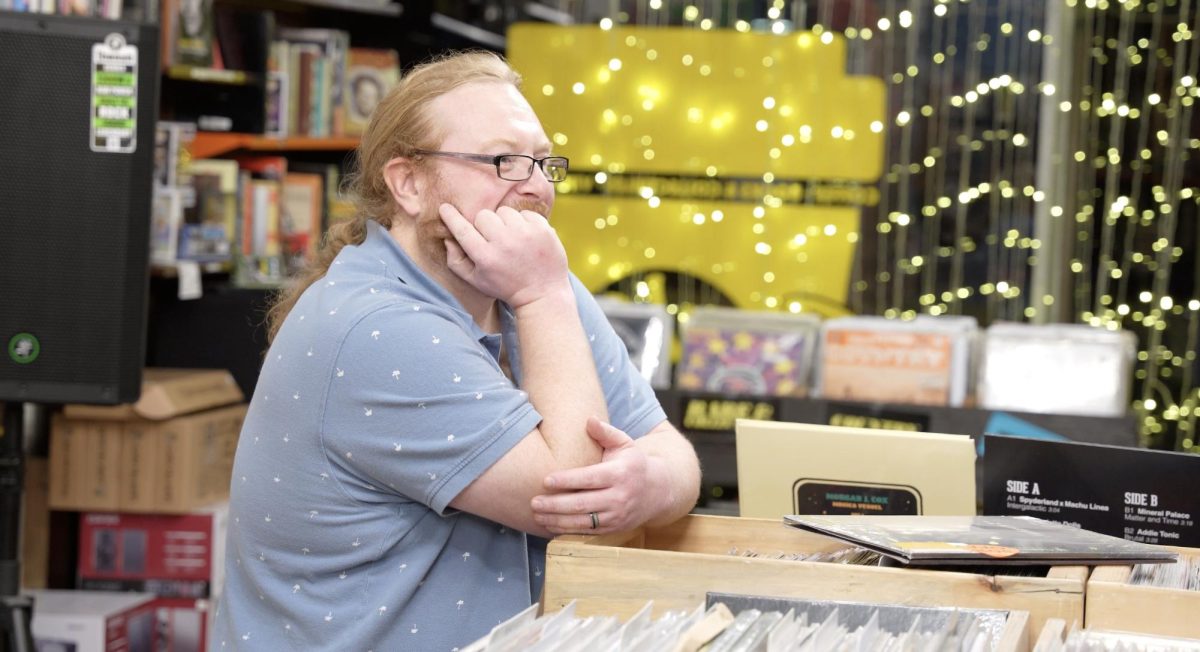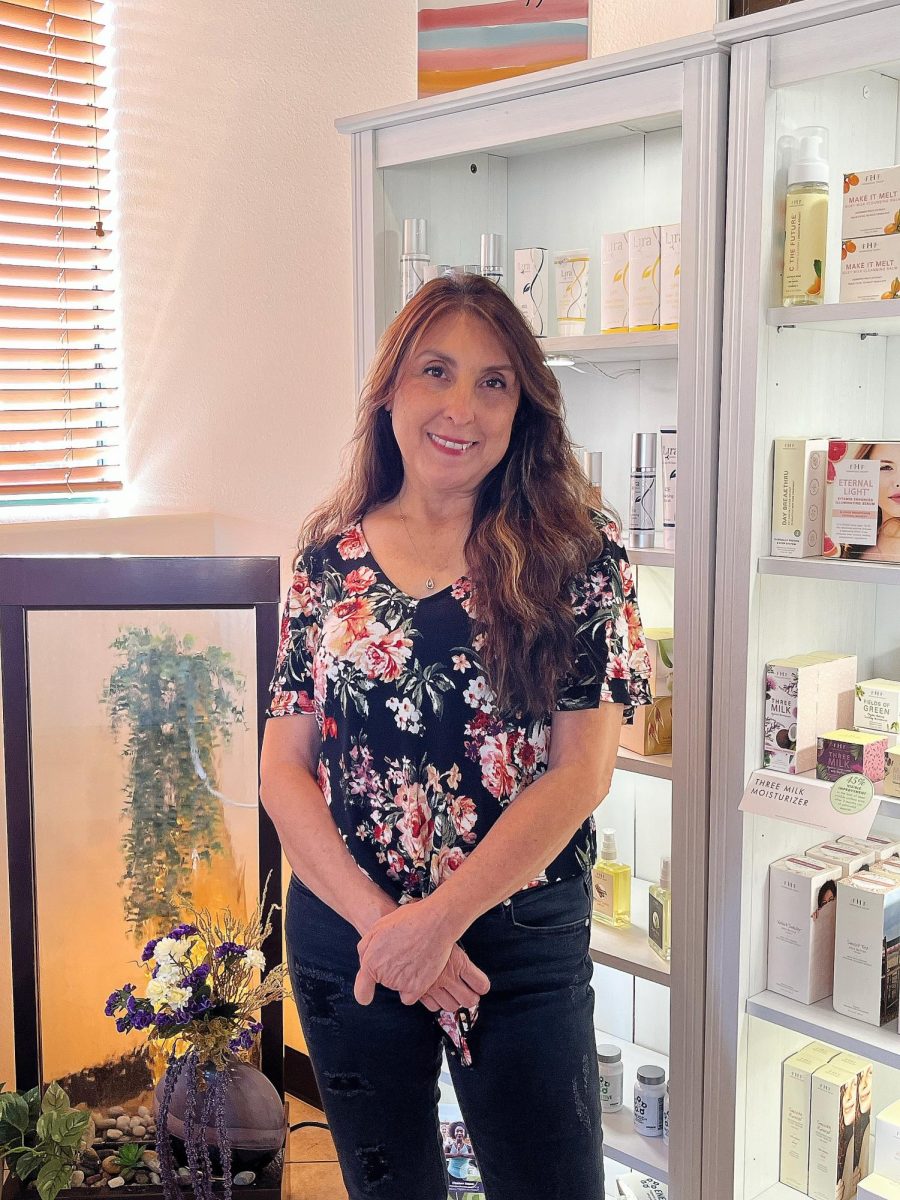By Madison Lira
After a two-year hiatus due to the pandemic, the El Pueblo Museum held its third annual Indigenous Film Festival on Feb. 18. This year’s film festival featured two documentaries and an Indigenous activist invited to speak, build upon the films shown and discuss how they relate locally.
The first documentary presented at the festival, “Little by Little: Becoming Sister Cities,” discussed how a relationship was built between a sovereign tribal nation, the Northern Arapaho Tribe, and the city of Longmont, which is the tribe’s ancestral home.
The second film, “Bring Her Home,” followed three indigenous women fighting to vindicate and honor their missing and murdered Indigenous relatives, which has since become an epidemic across Indigenous lines.
Danielle Seewalker, an Indigenous artist, muralist, writer, businesswoman and activist, was the featured speaker after the showings of the two documentaries. Seewalker founded “The Red Road Project” in 2013 to tell the stories of Indigenous people living in the world today.
“Coming from the reservation and kind of being surrounded by media that always was an outsider looking in, telling our stories for us, I felt it was really important to provide a platform for Native people to tell their stories in their own words and in their own way,” said Seewalker.
Seewalker is also the co-chair of the Denver American Indian Commission and has been able to be a liaison between the Native community and the city of Denver. Seewalker and others have used this to effect legislative changes, such as the prohibition of derogatory mascots in Colorado and to pass the state’s own Missing and Murdered Indigenous Relatives Act.
An intern with the History of Colorado, Annie Drysdale, curated the festival’s focus on visibility, community, accountability and action. Drysdale went in-depth about what the “Missing and Murdered Indigenous Relatives Act” here in Colorado means for Indigenous tribes within the state.
“That legislation creates a parallel, but separate from, legal judicial department that is solely dedicated to these missing and murdered Indigenous relatives cases,” said Drysdale.
Drysdale is also one of three members of a local collective called Storytellers of the Ancestral Red Road (SOARR). It focuses on multigenerational and educational programming that is community centered on healing through creative expression. They work as a collective as Indigenous teachers and allies to bring the film festival and other creative expressions to the community to start the conversation and acknowledgment of Indigenous suffrage.
Among the film festival attendees was Sherell Wickliffe, who previously attended other El Pueblo events throughout Black History Month. Wickliffe found the films riveting, discussing how it was neat to learn about the sister cities between the Arapaho tribe and the city of Longmont.
Wickliffe also admitted that the second film was much harder to watch with its contents but that her favorite part was the strong sense of community within the tribes. “There was such a sense of community for them and support…and trying to get things moving with activism.”
Seewalker had this to say about what she hopes attendees will walk away with at the end of the festival. “You’re never going to strike something in everybody any time you meet them. But I think if they leave with just one different perspective, an Indigenous perspective… I think that’s a big win.”






